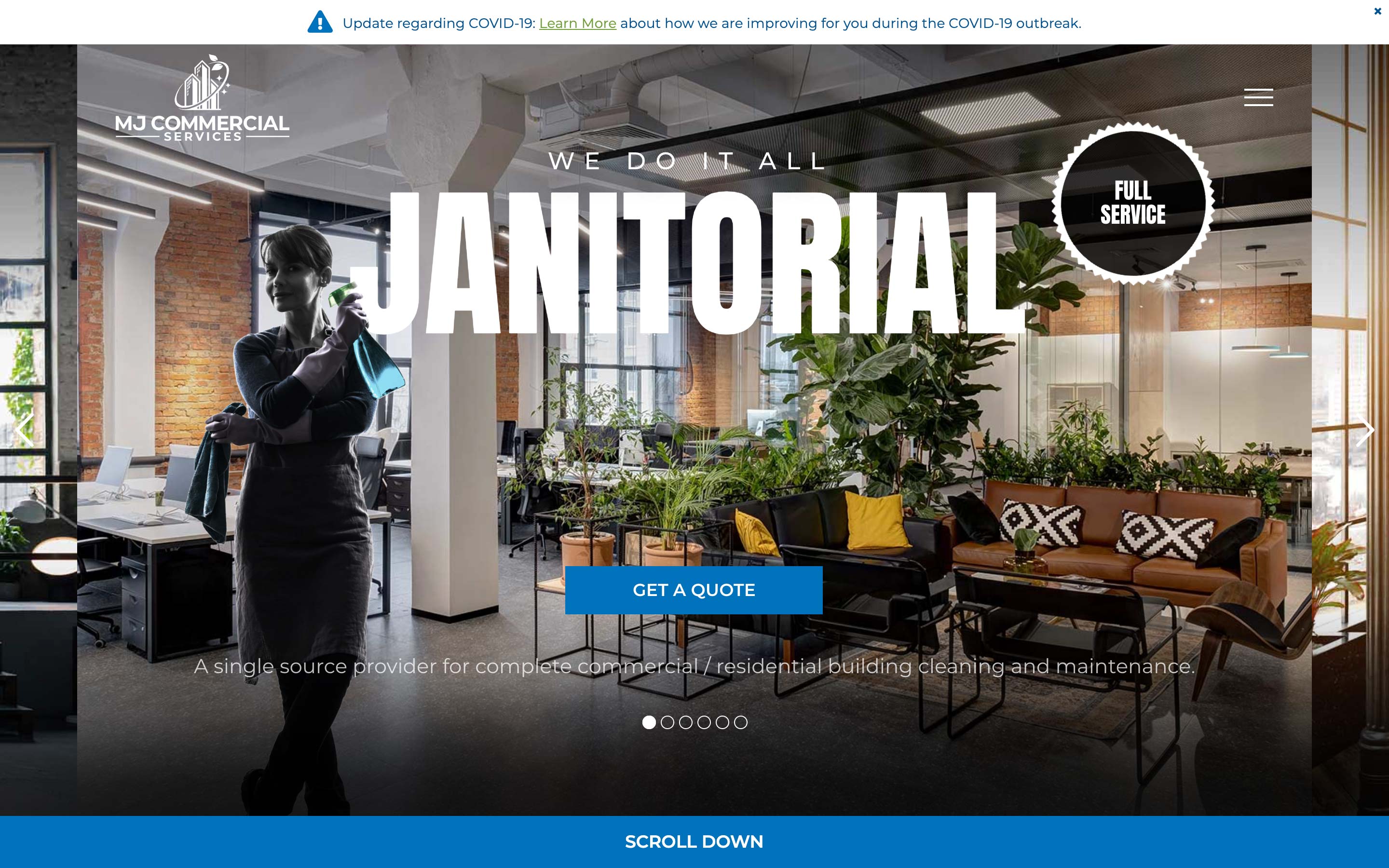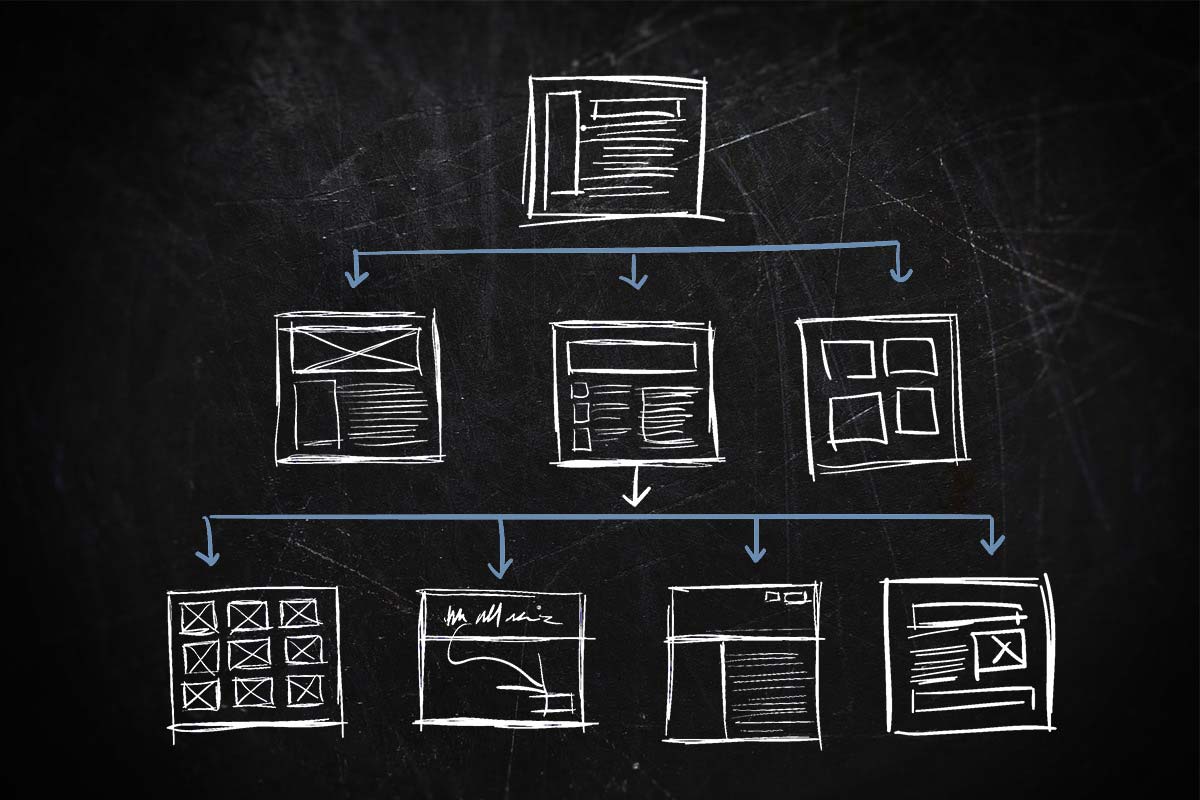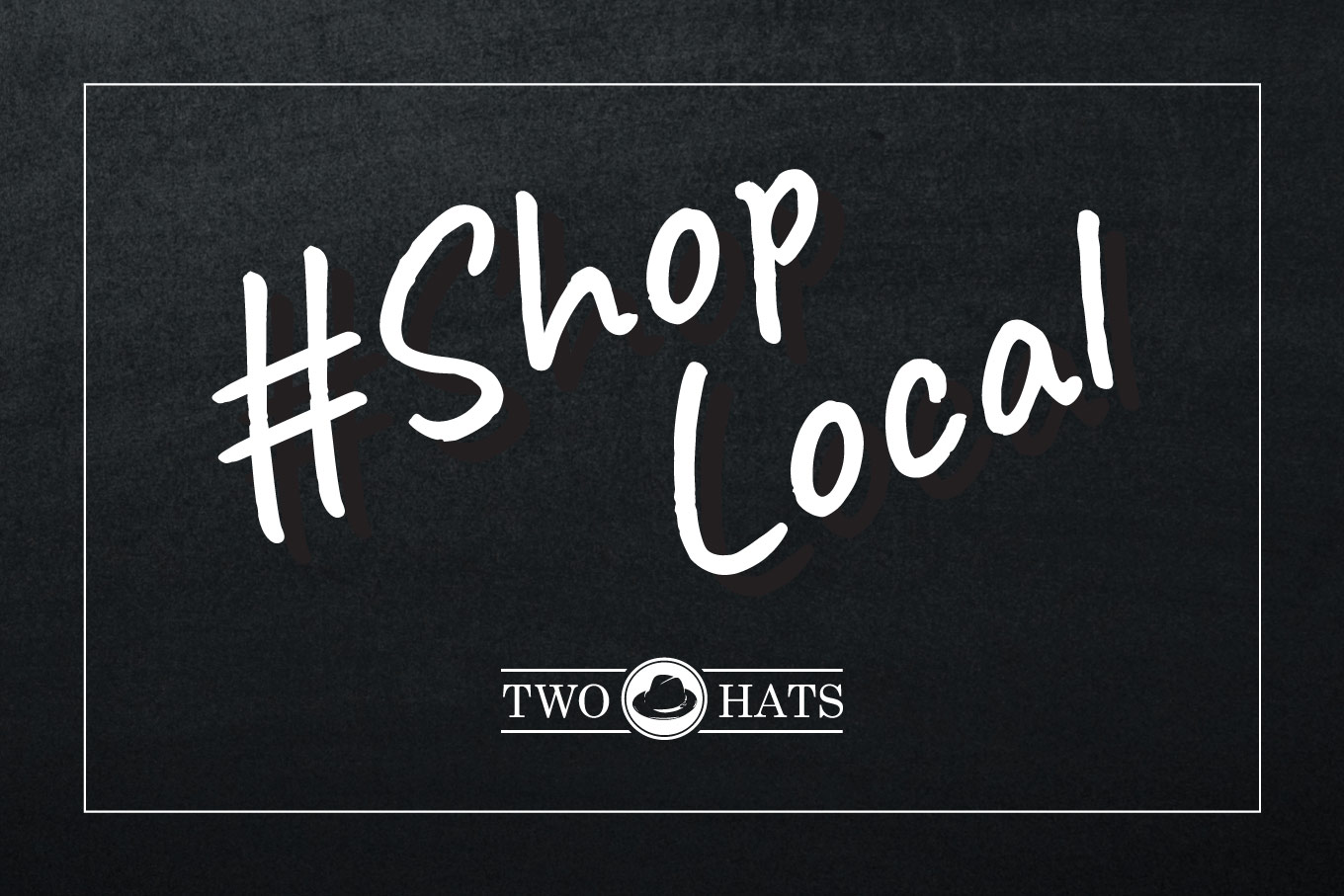What Do You Sell?
What Do You Sell?
Your Primary Value Proposition
It seems like a simple question – What do you sell?
But you’d be surprised how many small business owners can’t quickly and compellingly describe what they sell. For many, they know and understand their product, but have a hard time describing its value to outsiders.
Is that true for you?
You know that if the customer you’re trying to capture doesn’t see the value in your offering, they will go elsewhere. We’ll look at some key considerations to help you identify and express what exactly it is you offer potential customers.
So what makes you special?
Enter MJ Commercial Services, a cleaning service that uses environmentally friendly products. MJ charges a bit more than the average cleaning service, but they believe their customers see the value in natural, non-toxic products used to disinfect their spaces.
Know What Your Customers Want
So everyone (presumably) wants a clean space. Everyone wants to pay the lowest price possible to get this service and we know not everyone cares about natural, environmentally friendly products–but there is a segment in that audience in which some people are willing to pay a bit more for that added benefit.
In the case of MJ Commercial we have identified an important distinction here – We know that not everyone who wants a clean space will want MJ’s environmentally friendly service but we also know there are customers who want what they’re selling, and now we can work on reaching them.
A huge part of marketing is creating desire for your product. In order to do that you must know what your customers want and how that relates to your primary value proposition. That being said, how can you present your service as the best solution to your customer? Do you have customer testimonials that can corroborate your statements? Beyond stating the value behind your product, a good testimonial can help strengthen your proposition.
Align Your Offering With What Customers Want
Imagine you’re passionate about healing the earth – that’s why you started your cleaning company – but is that what your customers care the most about too? Understanding what your customers want is as important as describing what they get. For many people, booking a house cleaner is a hassle (think of all the apps that exist just to help ease this process).
“Sell benefits, not features” means selling what your customers say they want (safe and clean home, hassle-free booking, affordable price)–not just the idealistic things you think you offer (HEAL THE WORLD!). There’s a bigger picture of busy people with fixed budgets – who are often young people as well – that are aligned with your mission but limited by funds. How can you sell to them?
Make it Simple and Easy to Describe
“Environmentally friendly cleaning” is a fairly straightforward offering. But I see many business owners challenged as much by educating their customers as selling to them. Particularly in niche wellness fields – reiki, acupuncture, energy work and the like, it’s easy to forget that not everyone knows what you’re talking about. When describing your mix of products and services, strive for simplicity.
Ask your existing customers – How do they describe what you offer? Why do they chose you over competitors? With that knowledge, you can appeal to them even more effectively. Their language may be more clear and understandable than your own.
Address Concerns About Your Offering
When you and your audience have a shared view about the values and traits of your offering they will feel more likely to trust you. If they’re thinking, “I bet those green products don’t really get things as clean,” while you see them as great cleaners, then it’s time to clarify some misconceptions. Get into their minds and address their conscious and unconscious concerns.
Believe in What You Sell
Marketing works best when you believe in what you’re selling. It’s not impossible to sell something you don’t stand behind, but it sure is depressing. If you don’t see the value, how are you going to make your customers? Customers pick up on energy – in person, in your space, and online. If you’re energy isn’t there, if it’s desperate or disingenuous, they can tell! Remember this. Knowing what you sell, and being able to clearly communicate that, is step one in Marketing for Grown Ups. Take some time to consider this and see if your current marketing reflects the overall vibe and energy of your business, your passion.
Your Primary Value Proposition
It seems like a simple question – What do you sell?
But you’d be surprised how many small business owners can’t quickly and compellingly describe what they sell. For many, they know and understand their product, but have a hard time describing its value to outsiders.
Is that true for you?
You know that if the customer you’re trying to capture doesn’t see the value in your offering, they will go elsewhere. We’ll look at some key considerations to help you identify and express what exactly it is you offer potential customers.
So what makes you special?
Enter MJ Commercial Services, a cleaning service that uses environmentally friendly products. MJ charges a bit more than the average cleaning service, but they believe their customers see the value in natural, non-toxic products used to disinfect their spaces.
Know What Your Customers Want
So everyone (presumably) wants a clean space. Everyone wants to pay the lowest price possible to get this service and we know not everyone cares about natural, environmentally friendly products–but there is a segment in that audience in which some people are willing to pay a bit more for that added benefit.
In the case of MJ Commercial we have identified an important distinction here – We know that not everyone who wants a clean space will want MJ’s environmentally friendly service but we also know there are customers who want what they’re selling, and now we can work on reaching them.
A huge part of marketing is creating desire for your product. In order to do that you must know what your customers want and how that relates to your primary value proposition. That being said, how can you present your service as the best solution to your customer? Do you have customer testimonials that can corroborate your statements? Beyond stating the value behind your product, a good testimonial can help strengthen your proposition.
Align Your Offering With What Customers Want
Imagine you’re passionate about healing the earth – that’s why you started your cleaning company – but is that what your customers care the most about too? Understanding what your customers want is as important as describing what they get. For many people, booking a house cleaner is a hassle (think of all the apps that exist just to help ease this process).
“Sell benefits, not features” means selling what your customers say they want (safe and clean home, hassle-free booking, affordable price)–not just the idealistic things you think you offer (HEAL THE WORLD!). There’s a bigger picture of busy people with fixed budgets – who are often young people as well – that are aligned with your mission but limited by funds. How can you sell to them?
Make it Simple and Easy to Describe
“Environmentally friendly cleaning” is a fairly straightforward offering. But I see many business owners challenged as much by educating their customers as selling to them. Particularly in niche wellness fields – reiki, acupuncture, energy work and the like, it’s easy to forget that not everyone knows what you’re talking about. When describing your mix of products and services, strive for simplicity.
Ask your existing customers – How do they describe what you offer? Why do they chose you over competitors? With that knowledge, you can appeal to them even more effectively. Their language may be more clear and understandable than your own.
Address Concerns About Your Offering
When you and your audience have a shared view about the values and traits of your offering they will feel more likely to trust you. If they’re thinking, “I bet those green products don’t really get things as clean,” while you see them as great cleaners, then it’s time to clarify some misconceptions. Get into their minds and address their conscious and unconscious concerns.
Believe in What You Sell
Marketing works best when you believe in what you’re selling. It’s not impossible to sell something you don’t stand behind, but it sure is depressing. If you don’t see the value, how are you going to make your customers? Customers pick up on energy – in person, in your space, and online. If you’re energy isn’t there, if it’s desperate or disingenuous, they can tell! Remember this. Knowing what you sell, and being able to clearly communicate that, is step one in Marketing for Grown Ups. Take some time to consider this and see if your current marketing reflects the overall vibe and energy of your business, your passion.





